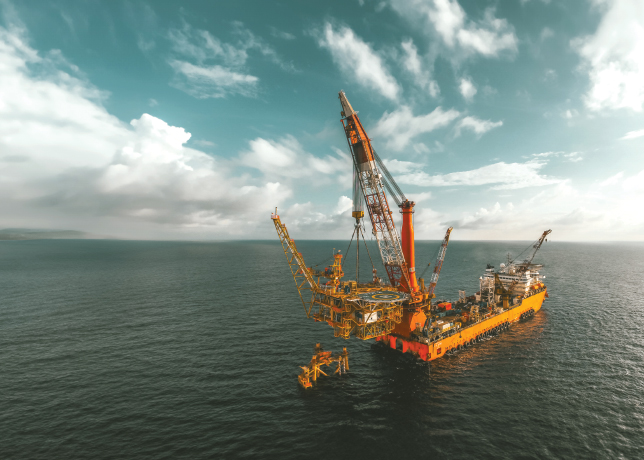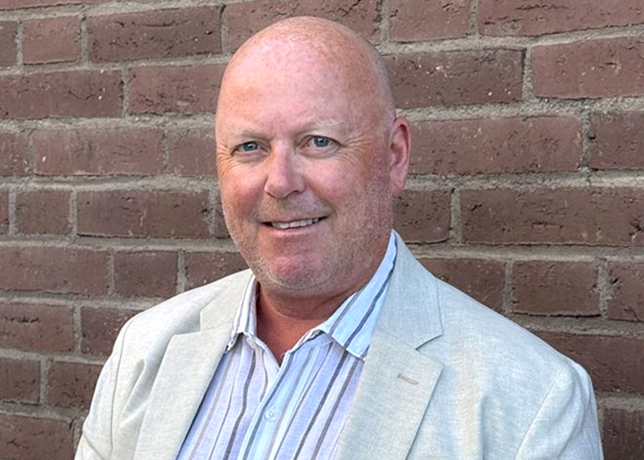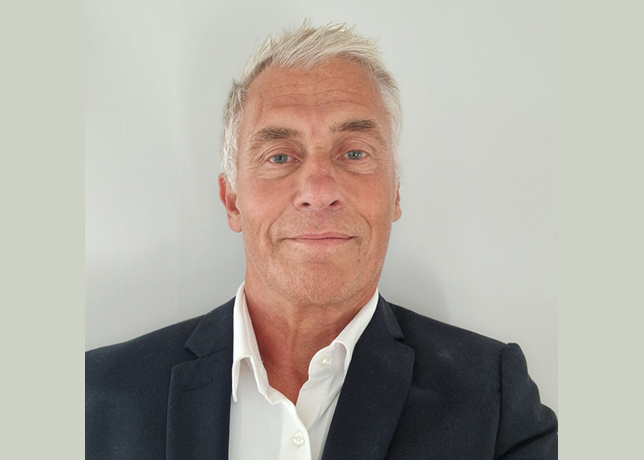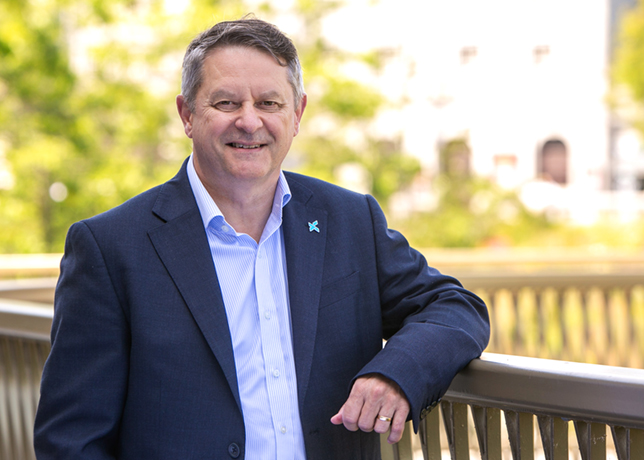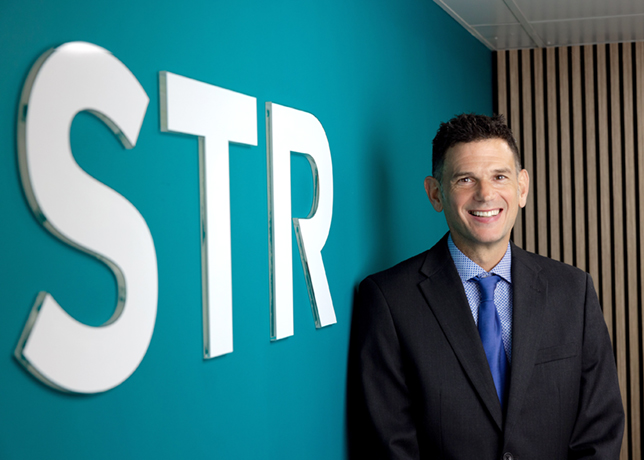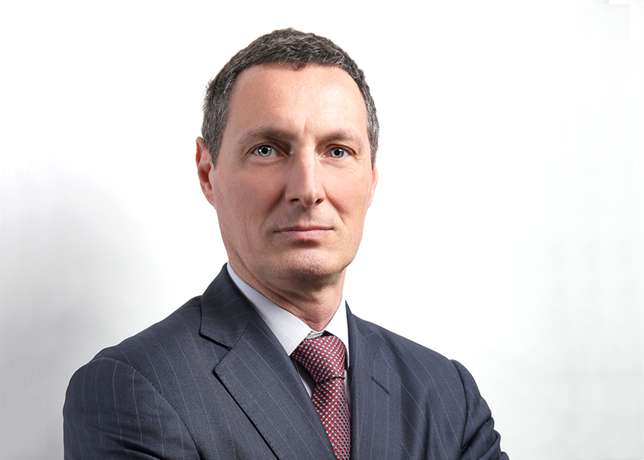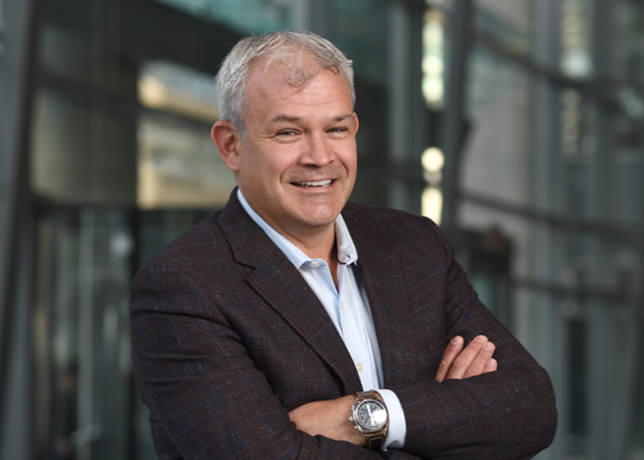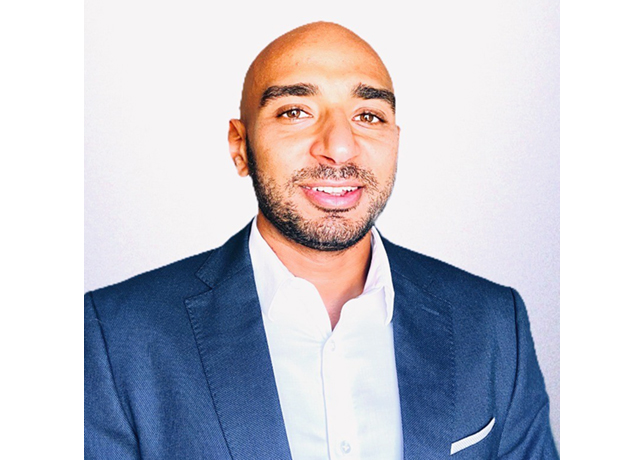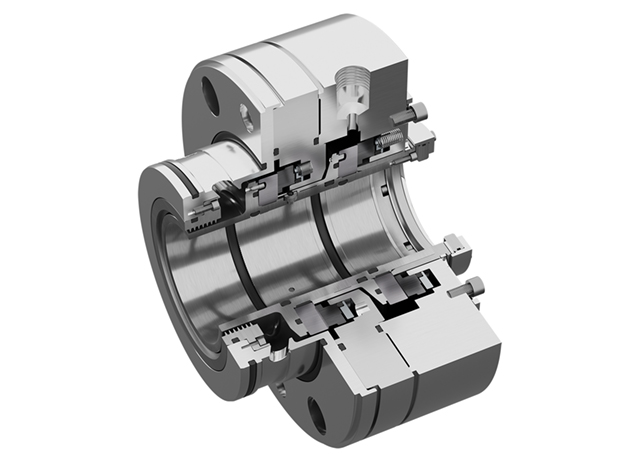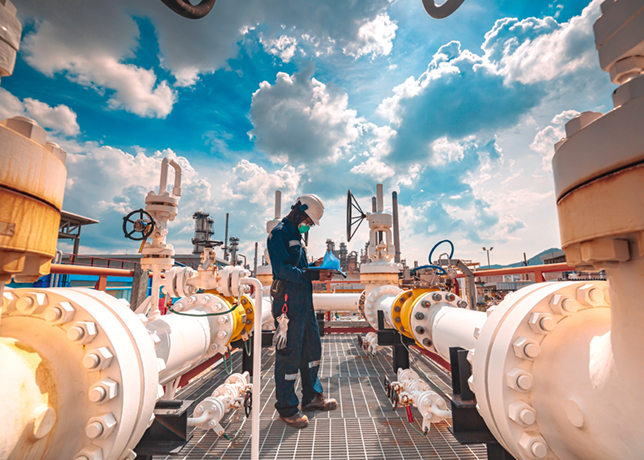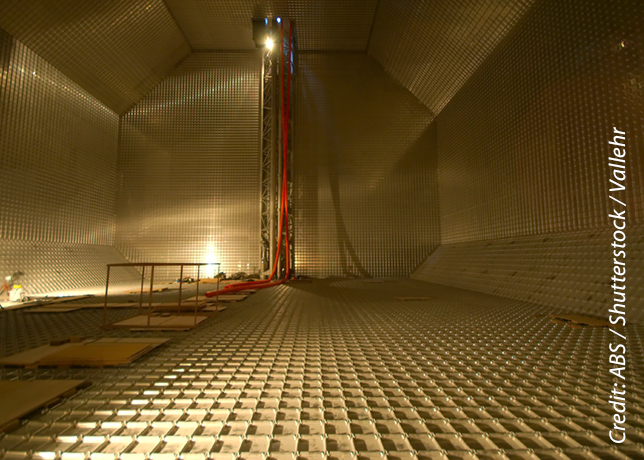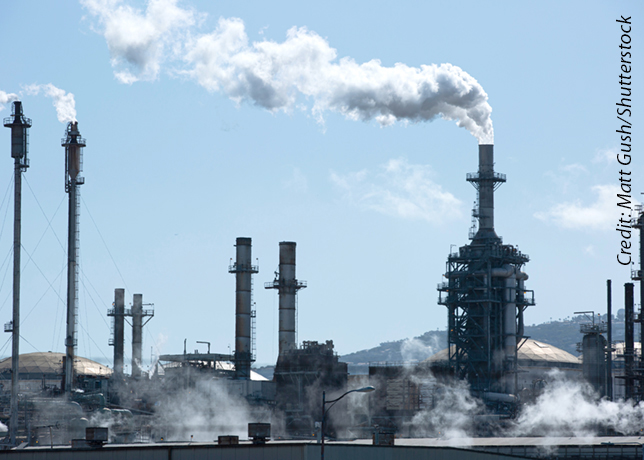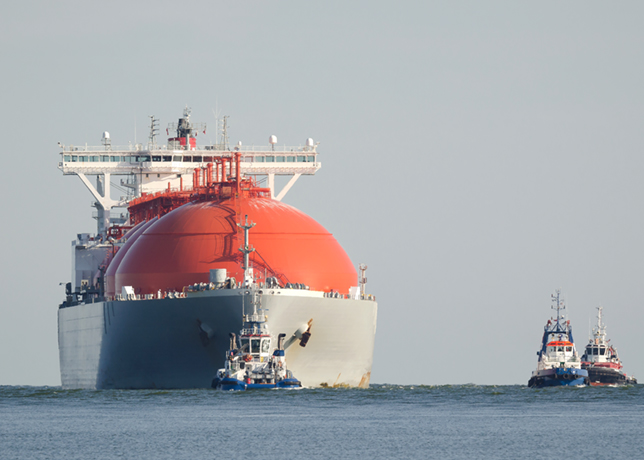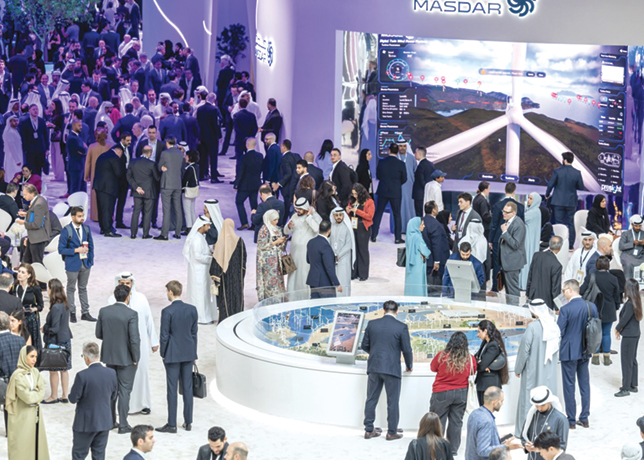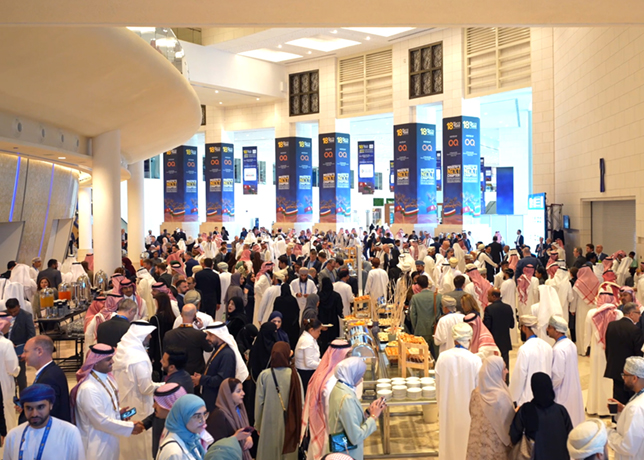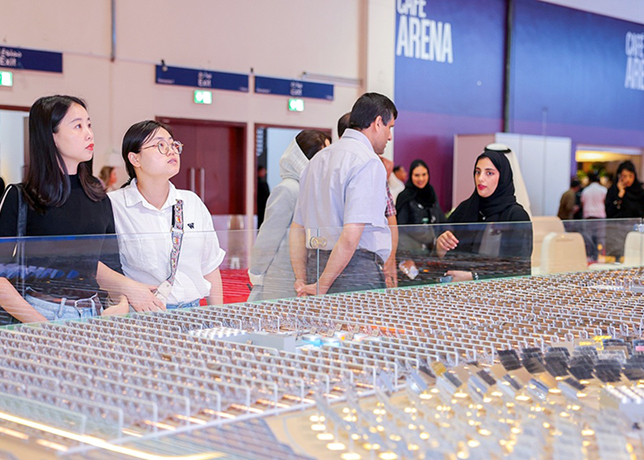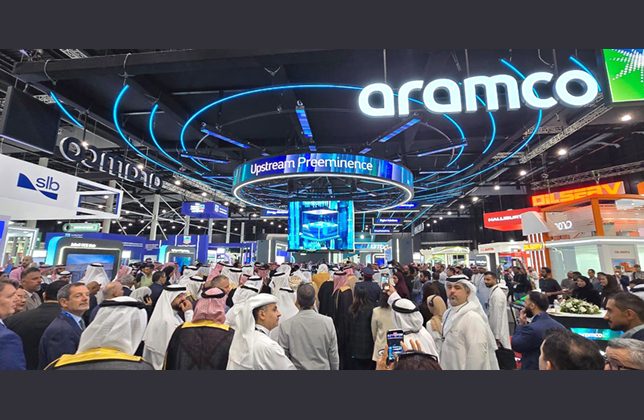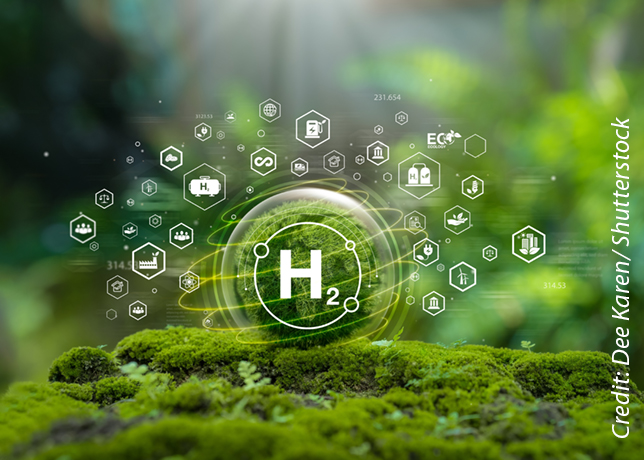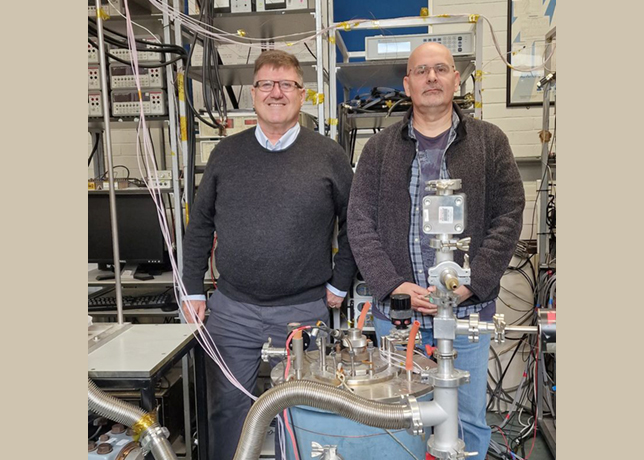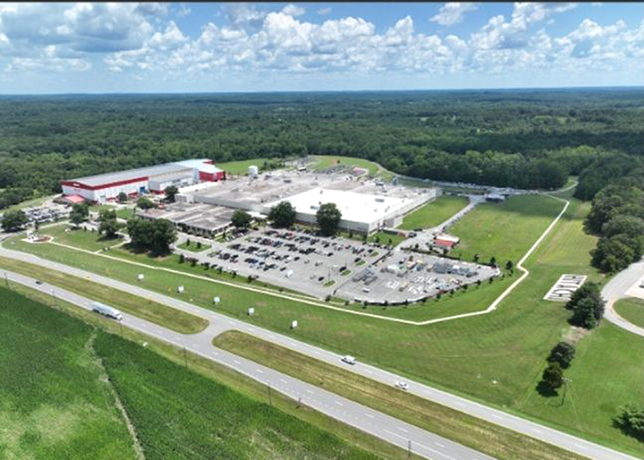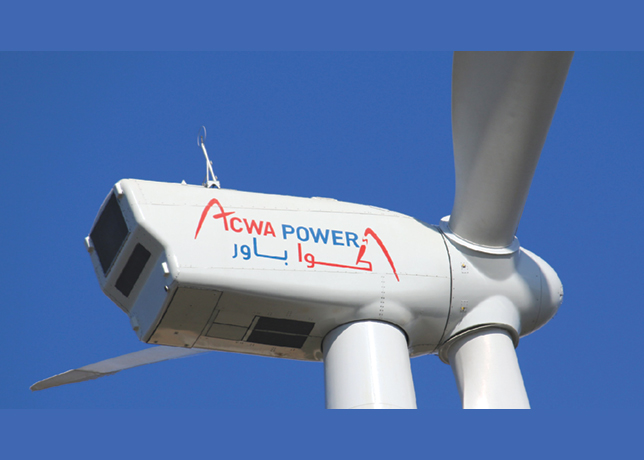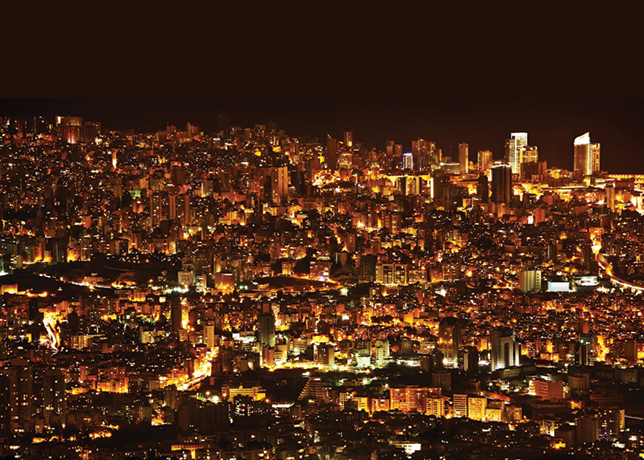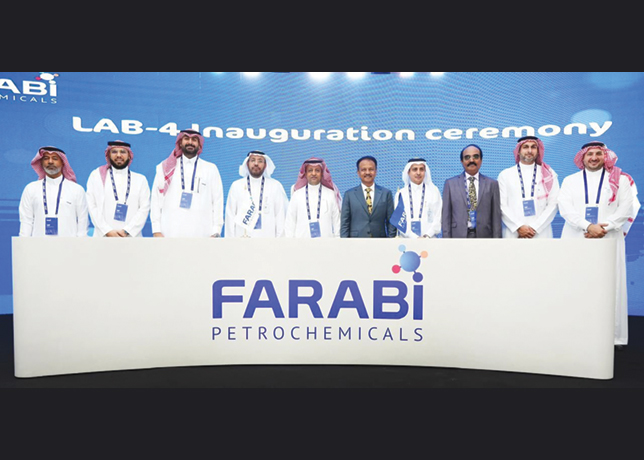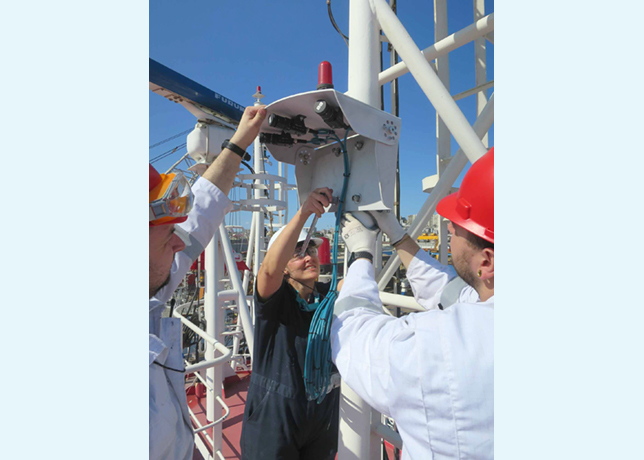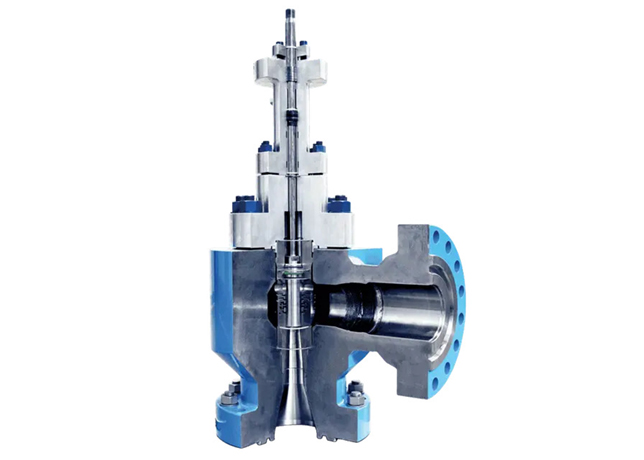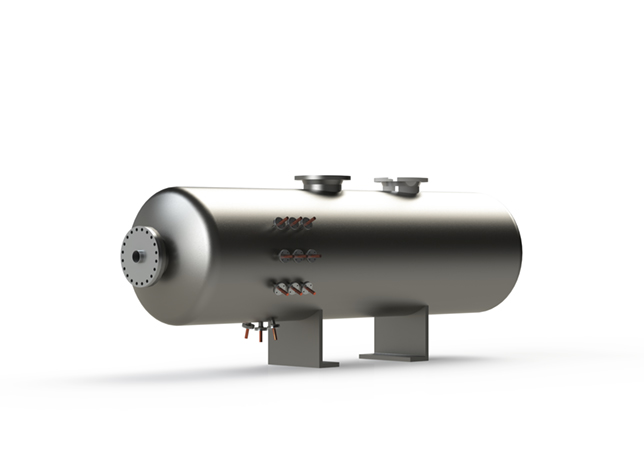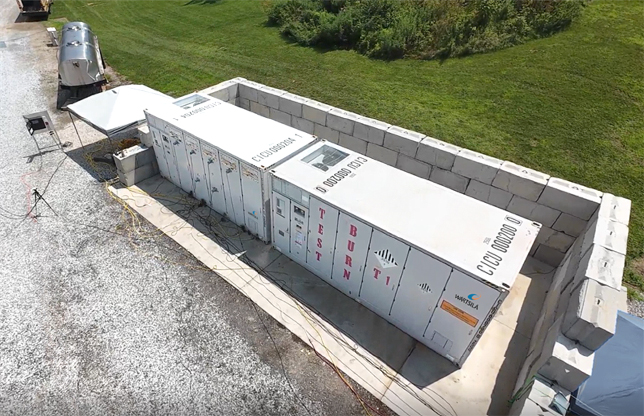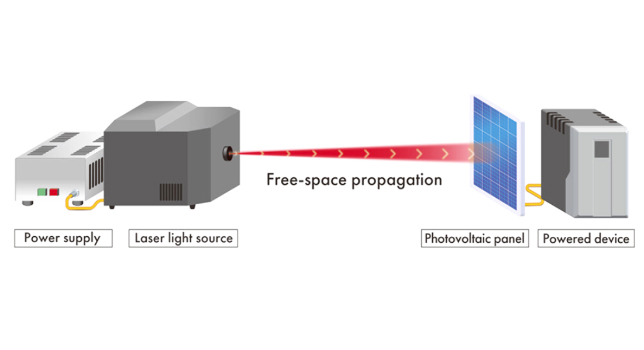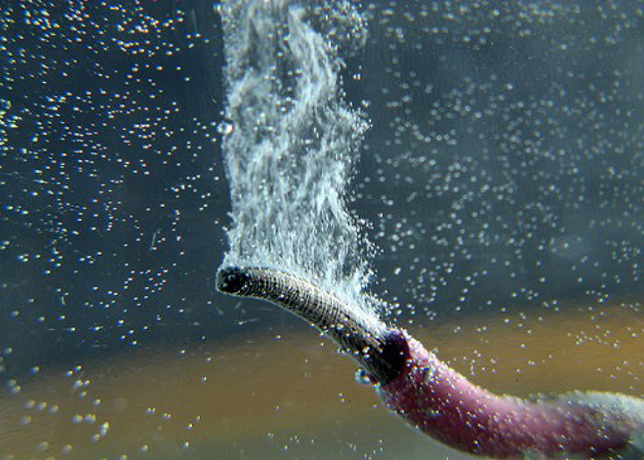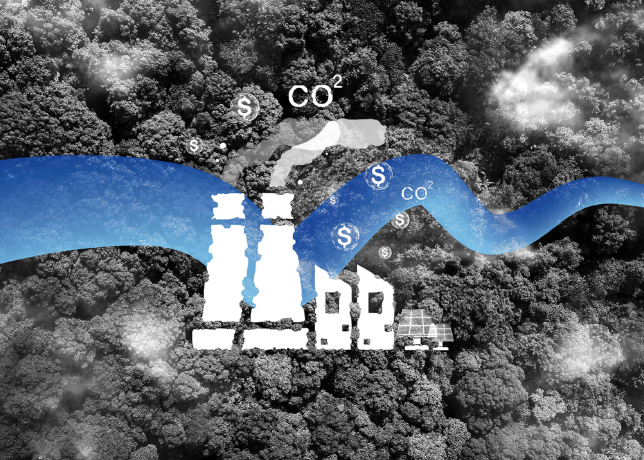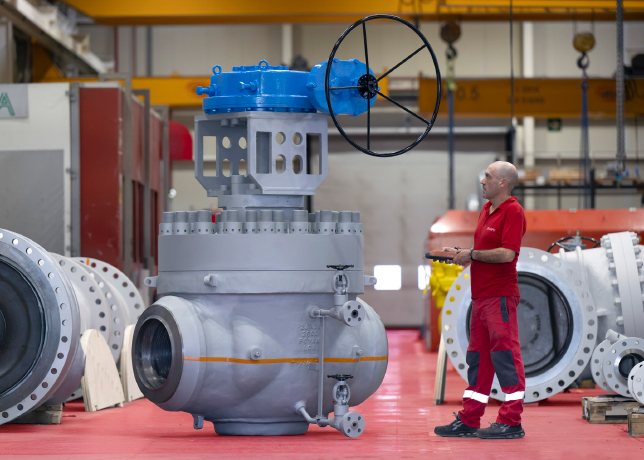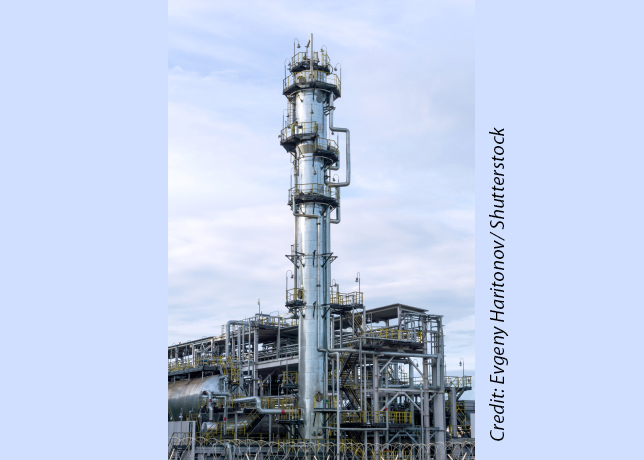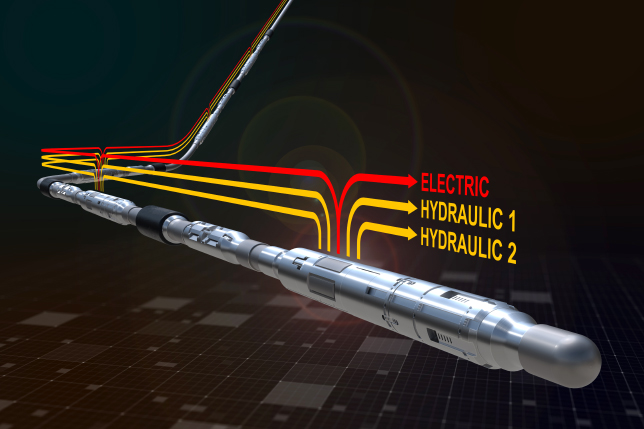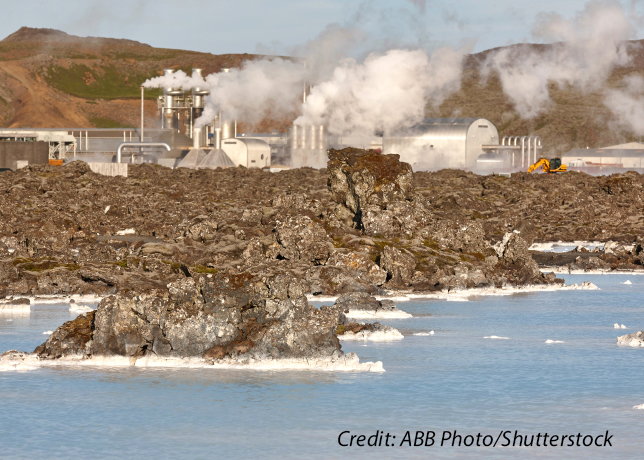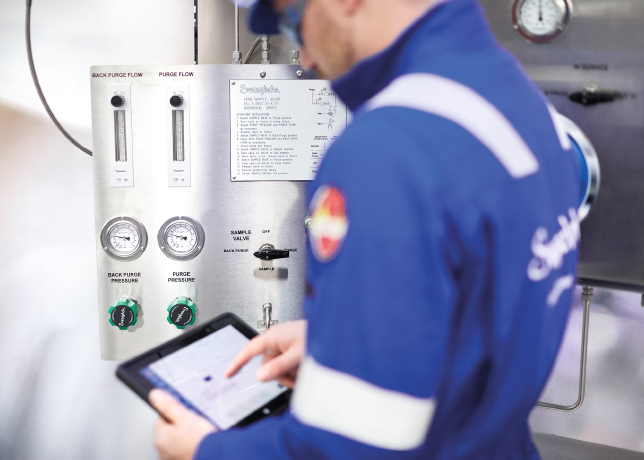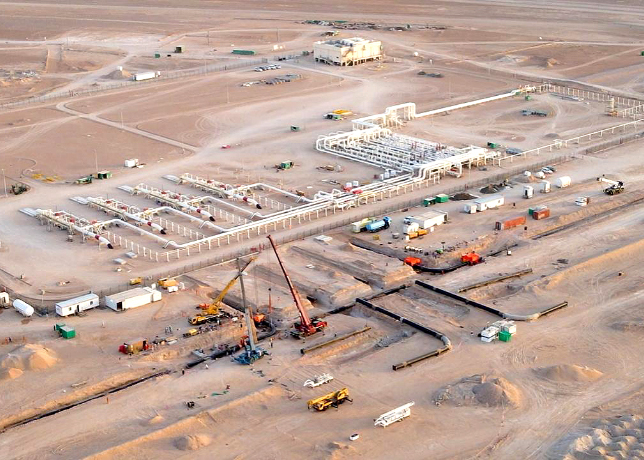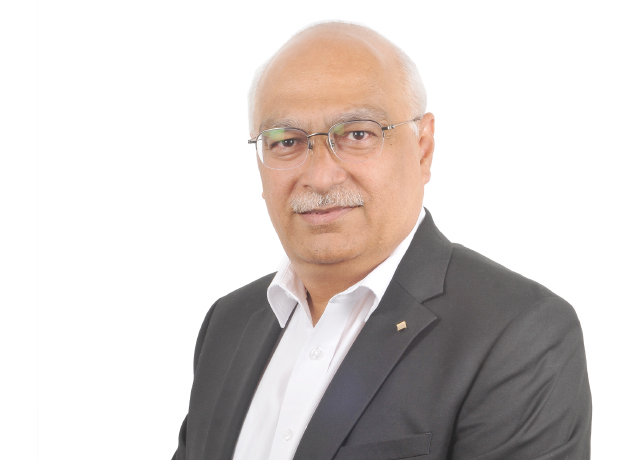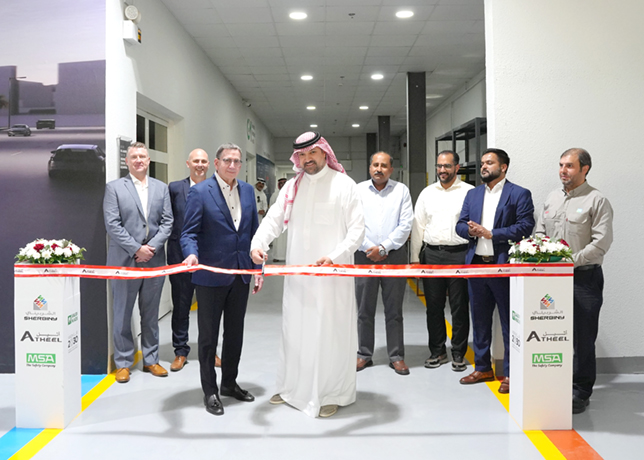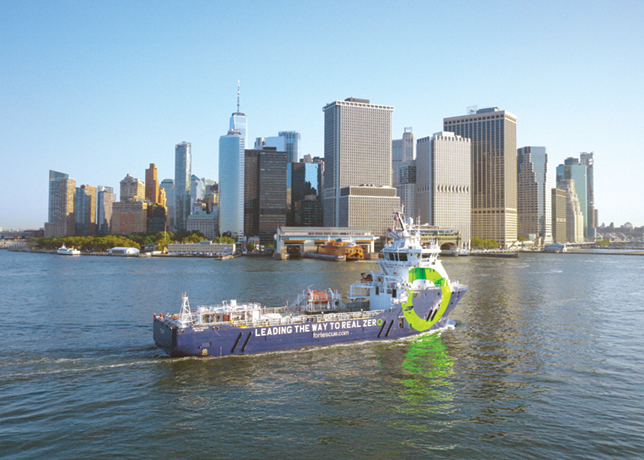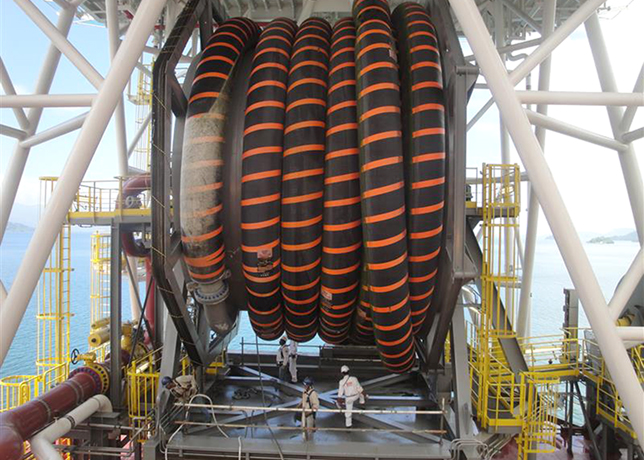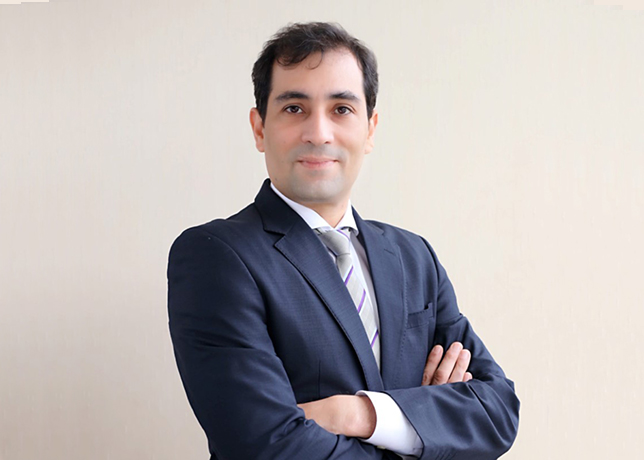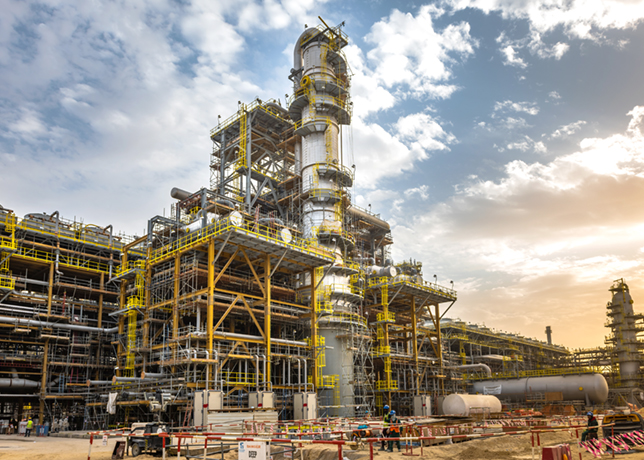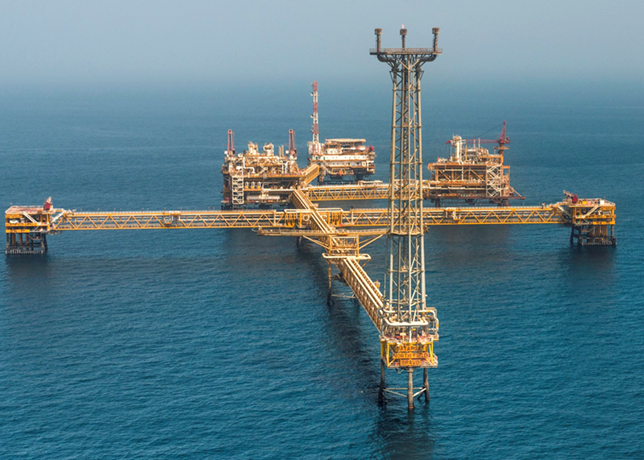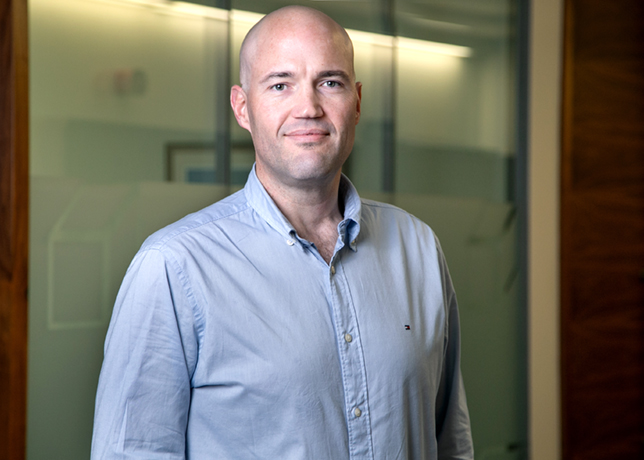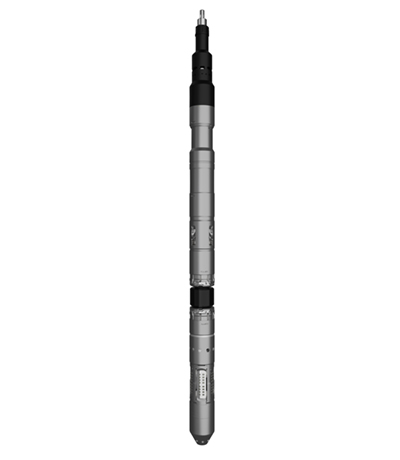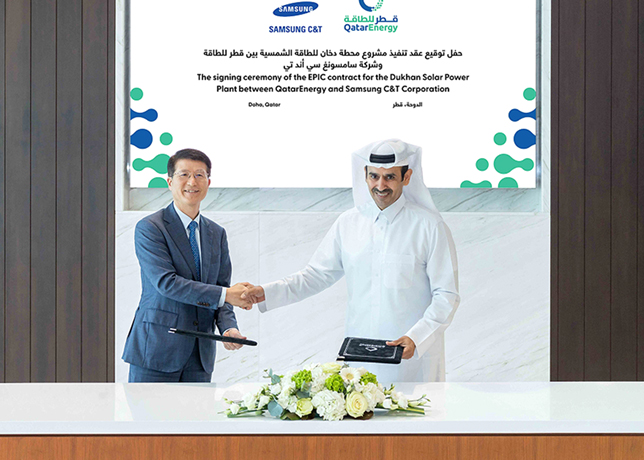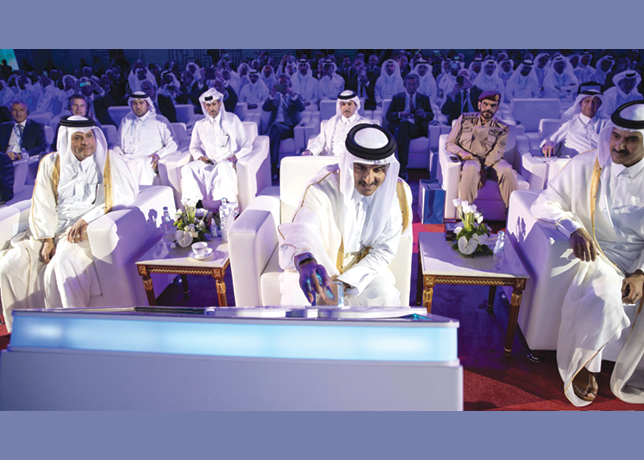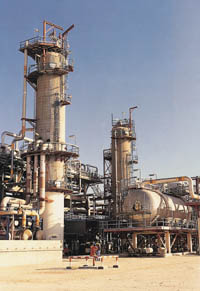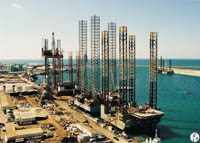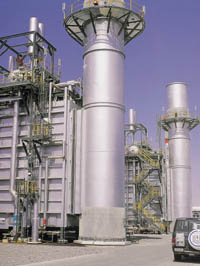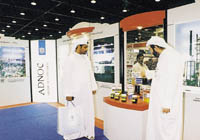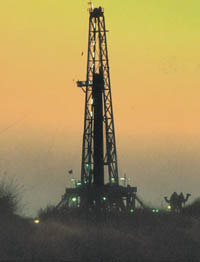
 Ruwais refinery ... new units and facilities
Ruwais refinery ... new units and facilities
CAPACITY INCREASES, unit upgrades and new facilities have been features of recent developments in the refining sector of the UAE - and Abu Dhabi in particular.
Abu Dhabi Oil Refining Company (Takreer), which operates the 420,000 barrels per day (bpd) capacity Ruwais refinery and 85,000 bpd capacity Umm Al Nar plant, has been looking at facility expansions to raise refining margins and revenues.
German firm Deutsche Babcock Energie won a $4.3 million turnkey engineering, procurement and construction (EPC) contract from Takreer earlier this year to replace and expand the chlorine generation system at Ruwais refinery.
The project involves detailed design and installation of a new chlorination system to replace the present system with a sodium hypochlorite-based chlorine generation system.
It calls for the installation of a chlorine generation plant, associated hypochlorite solution storage tanks, distribution and dosing systems. The plant's capacity is 300 kilos per hour.
The work is expected to be completed by next July.
Meanwhile, Takreer's General Utilities Plant expansion project in Ruwais is said to be complete, and will be connected to the 220,000 volt Abu Dhabi Water and Electricity (Adwea) grid to exchange electrical power, according to Takreer.
Takreer will provide Adwea with up to 300 megawatts of electric power. All four turbine generators were commissioned earlier this year and the steam to sulphur project is in operation.
The implementation of Ruwais sulphur handling terminal expansion is expected to help the refinery handle increased sulphur production from the onshore gas development at Habshan.
An instrument revamp project at Ruwais will also help resolve obsolescence problems, improve equipment reliability, safety and accuracy levels, while reducing maintenance costs at Ruwais, according to Takreer.
These latest developments follow a feasibility study conducted earlier this year by US technology provider Universal Oil Products (UOP) for a possible increase of capacity at Ruwais refinery's hydrocracking complex, which currently stands at 27,000 barrels per stream day. The complex consists of vacuum distillation, hydrogen production, HC unibon, sour water stripping, H2S removal and sulphur recovery units.
UOP is the process licensor of the hydrocracking technology, used to upgrade low value vacuum gas oils to high value products such as liquefied petroleum gas (LPG), naphtha, jet fuel and gas oil. Due to the process chemistry involved, the products are low in contaminants.
Takreer also plans to set up a base oil refinery at its Ruwais complex. The plant, which will have a production capacity of 300,000 tonnes per year (tpy), will take advantage of the large amounts of atmospheric residue, containing high quality lube oil components, produced at the Ruwais and Umm Al Nar refineries.
Recovering these components, which have traditionally been blended into fuel oil to produce base oils, is expected to command a premium price and increase the overall profitability of Takreer's refining business, according to officials.
Base oil production has generally accounted for a relatively small percentage of a refinery's production volume, but they command high prices.
The processing method will include vacuum distillation and solvent de-asphalting units to prepare feedstock for downstream processing, a hydrocracker to process the feedstock to produce hydrocrackates, and an isomerisation-dewaxing/hydro-finishing process to produce the base oils.
Takreer is a wholly-owned subsidiary of Adnoc whose objectives are to meet enhanced demand for finished products in Abu Dhabi and the UAE.
The company is also looking to improve the integration ratio and add value to exports by increasing the ratio of finished products to crude.
The company was formed in 1999 and continues to develop Adnoc's refining capabilities.
Takreer's scope of operations includes the refining of crude oil and condensate, the supply of petroleum products to domestic and international specifications, the production of chlorine and related chemicals, and sulphur granulation.
Adnoc is the only operator of the strategically-vital chlorine processing industry in the UAE, and at Umm Al Nar the chlorine produced is supplied for water treatment, as well as for the hydrochloric acid and caustic needed to run almost every industrial unit.
Meanwhile, Adnoc Distribution, part of the Adnoc Group, will achieve its full production capacity of 60,000 tonnes per year (tpy) of lubricants by 2004, leading to higher exports, according to a senior company official. Current production of lubricants and greases is approximately 45,000 tpy from various plants.




